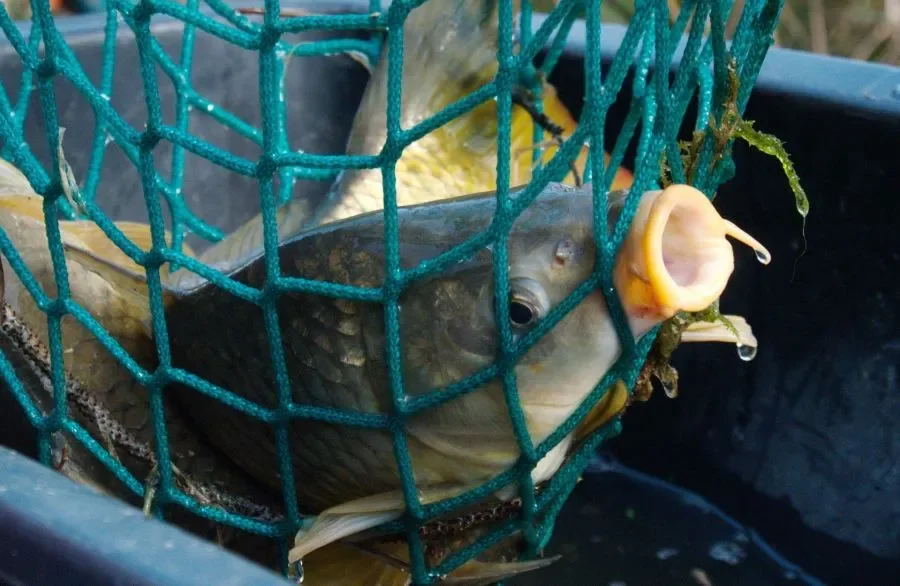
More and More Supermarkets in the Czech Republic Stop Selling Live Carp
Lidl started the trend two years ago, followed by Billa last year
This year, three retail chains in the Czech Republic will no longer offer live carp in tubs outside their shops. Lidl took the first step two years ago, followed by Billa last year, and now Tesco has joined them. The primary reasons cited are a commitment to more responsible business practices and increased attention to animal welfare.
The street sale of live carp in tubs is a deeply rooted Czech Christmas tradition. However, critics argue that the practice causes unnecessary stress to the fish. While animal rights activists welcome the measures taken by supermarkets, some members of the public remain attached to the tradition. Supporters contend that selling carp is a key part of Christmas and believe that long-standing customs should not be discarded lightly.
According to the State Veterinary Administration, the ban on sales at certain supermarkets has so far had little impact on the overall number of sales outlets. Approximately 3,000 retailers sell live carp annually, including markets and chains like Penny Markt, Kaufland, Albert, and Globus, which continue to uphold the tradition.
Supermarkets that have discontinued live carp sales justify their decision with a focus on responsible business practices and a sustainable approach to the fish trade. Their goal is to improve the animals’ living conditions and minimize unnecessary stress.
The sale of live carp is regulated by the State Veterinary Office and monitored by the Czech Trade Inspection Authority. Regulations cover everything from the sellers’ attire to the methods used to kill the fish. The office recommends that carp be killed by the sellers rather than taken home alive, as this reduces unnecessary stress for the animals.
As the sale of live carp begins again a few days before Christmas, the debate between preserving tradition and prioritizing animal welfare continues to stir discussion.



